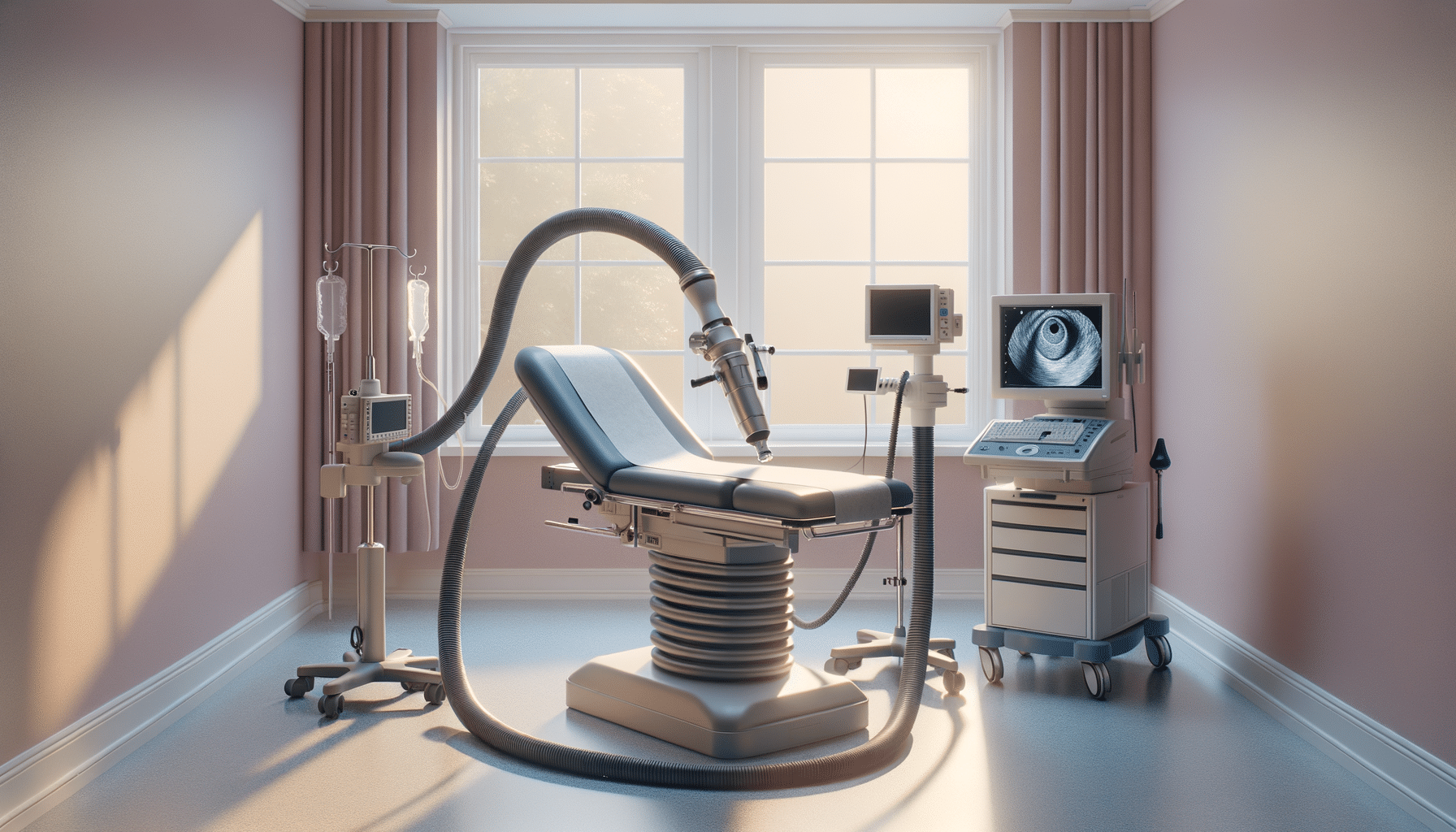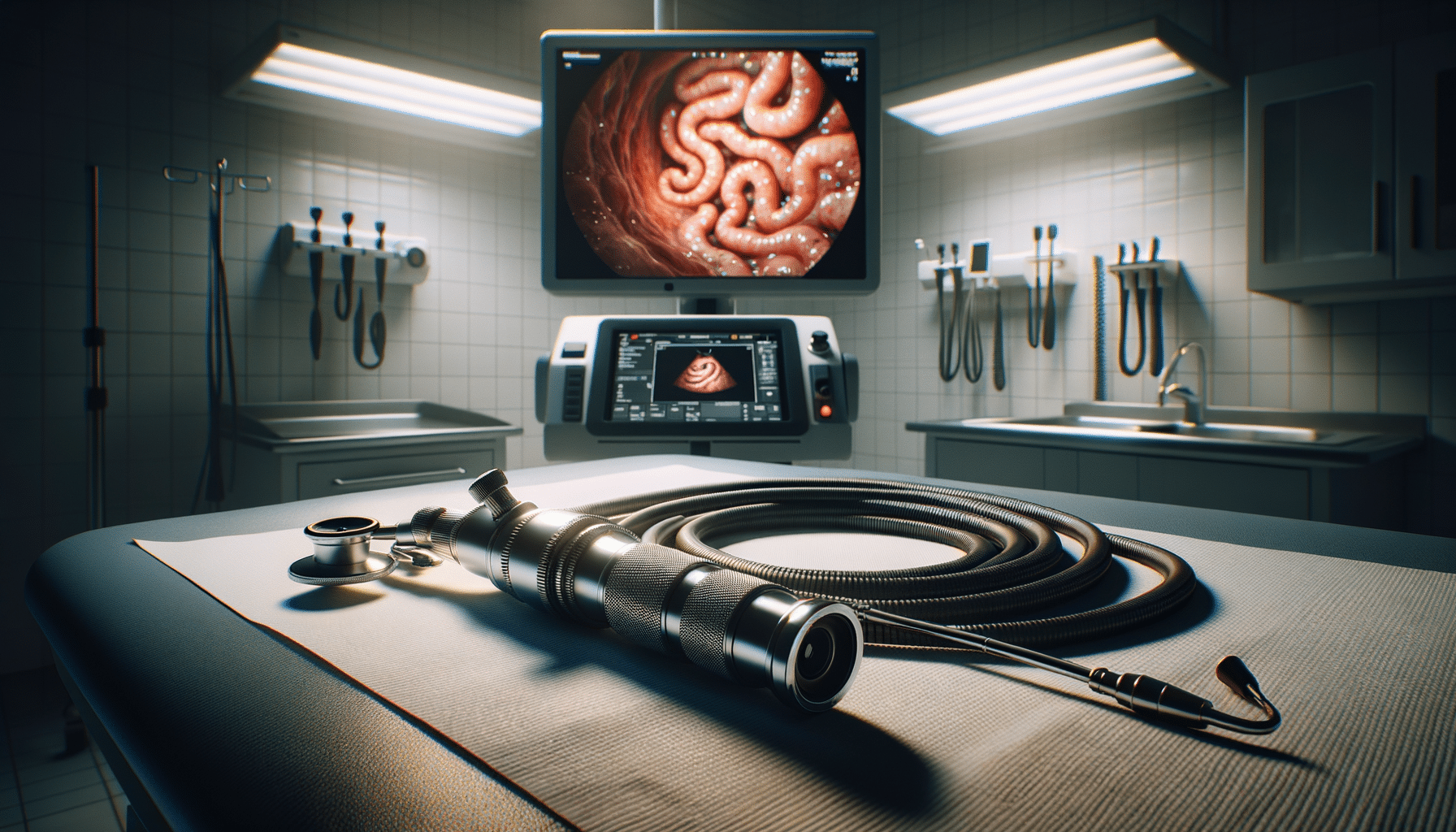
Foods To Avoid To Prevent Macular Degeneration: Info Guide
Introduction to Macular Degeneration
Macular degeneration is a prevalent eye condition that primarily affects older adults, leading to vision loss in the center of the visual field. This condition can significantly impact daily activities such as reading, driving, and recognizing faces. Understanding the factors contributing to macular degeneration, including dietary influences, is crucial for prevention and management. This article provides an in-depth guide on foods to avoid to help prevent the onset or progression of macular degeneration.
Understanding Macular Degeneration
Macular degeneration is categorized into two types: dry and wet. The dry form is more common and occurs when the macula, a part of the retina, thins over time as part of the aging process. The wet form is less common but more severe, resulting from abnormal blood vessels that leak fluid or blood into the macula. Key risk factors include age, genetics, smoking, and diet. While age and genetics are non-modifiable, dietary choices can play a significant role in managing the risk.
Research suggests that certain foods may exacerbate the risk of developing macular degeneration. For instance, diets high in saturated fats and sugars can contribute to inflammation and oxidative stress, both of which are linked to the progression of macular degeneration. Understanding the role of diet in this context is essential for those looking to protect their vision.
The Impact of Diet on Eye Health
Dietary habits have a profound impact on overall health, including eye health. Nutrients like vitamins C and E, zinc, lutein, and zeaxanthin are known to support eye health and may slow the progression of macular degeneration. Conversely, diets high in processed foods and unhealthy fats can increase the risk of developing this condition.
Avoiding foods that are detrimental to eye health is as crucial as incorporating beneficial nutrients. Foods high in trans fats, such as fried foods and baked goods, should be minimized. Additionally, high glycemic index foods, such as white bread and sugary cereals, can contribute to spikes in blood sugar levels, potentially worsening macular degeneration.
Foods to Avoid for Macular Degeneration Prevention
To help prevent macular degeneration, it is advisable to limit the intake of certain foods. These include:
- Processed Meats: These often contain high levels of sodium and unhealthy fats.
- Refined Carbohydrates: Foods like white bread and pastries can lead to blood sugar spikes.
- Sugary Beverages: High in sugar, these can contribute to inflammation and oxidative stress.
- Fried Foods: Typically high in trans fats, which are detrimental to eye health.
Instead, focus on a diet rich in leafy greens, fish high in omega-3 fatty acids, and colorful fruits and vegetables. These foods provide essential nutrients that support eye health and may reduce the risk of macular degeneration.
Conclusion: Protecting Your Vision
Macular degeneration is a serious condition that can significantly impact quality of life. While some risk factors are beyond control, dietary choices offer a powerful tool for prevention and management. By avoiding foods that exacerbate the risk and embracing a diet rich in supportive nutrients, individuals can take proactive steps to protect their vision.
Maintaining regular eye check-ups and adopting a healthy lifestyle can further aid in managing the risk of macular degeneration. By prioritizing eye health through informed dietary choices, individuals can enjoy better vision and quality of life.


